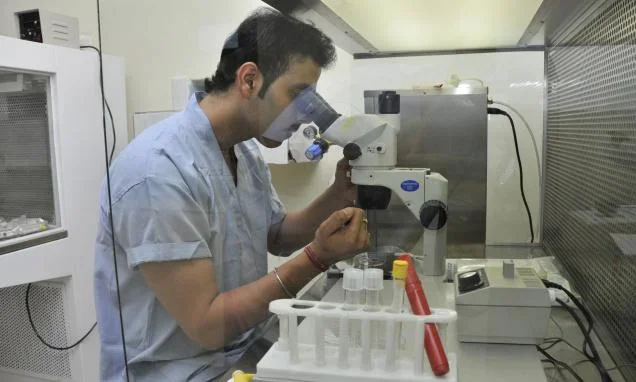prasad1
Active member
While policy makers have deliberated a draft surrogacy law in Parliament in which surrogacy in India will be restricted to infertile Indian married couples only and not include foreigners (unless the foreigner is married to an Indian citizen), child bearing has obtained a new international dimension. Oocyte cryopreservation or freezing of a woman’s eggs is stated to be an option to extend fertility and delay motherhood.
What started as a technique for freezing female eggs to enable women with cancer to store eggs prior to chemotherapy has now become a service perquisite. A woman can freeze her eggs to promote her career and climb the corporate ladder by deferring motherhood. In another dimension, posthumous impregnation and creation of babies by assisted and collaborative modern techniques such as in-vitrio fertilisation or cryopreservation of gametes and eggs may evoke strong notions about life, parenthood and immortality. Such posthumous artificial reproduction has given rise to legal issues that current outdated laws cannot address. Banking is no longer associated with just money but with sperms and eggs as well.
Egg, sperm and embryo banking which were alien concepts will now enter the home, the bedroom and the family and will have to give rise to a new set of laws and rights. The Kerala High Court is already examining a case where the foster mother of a surrogate child has moved court for maternity leave after she became a mother 20 years after marriage. She claims all the rights of a biological mother. Issues may also arise if, after freezing the eggs, the child is not conceived because of medical complications or unsuccessful retrieval of eggs. There is no law which assures and guarantees a woman who has frozen her eggs a healthy child.
Families designed in frozen frames - The Hindu

